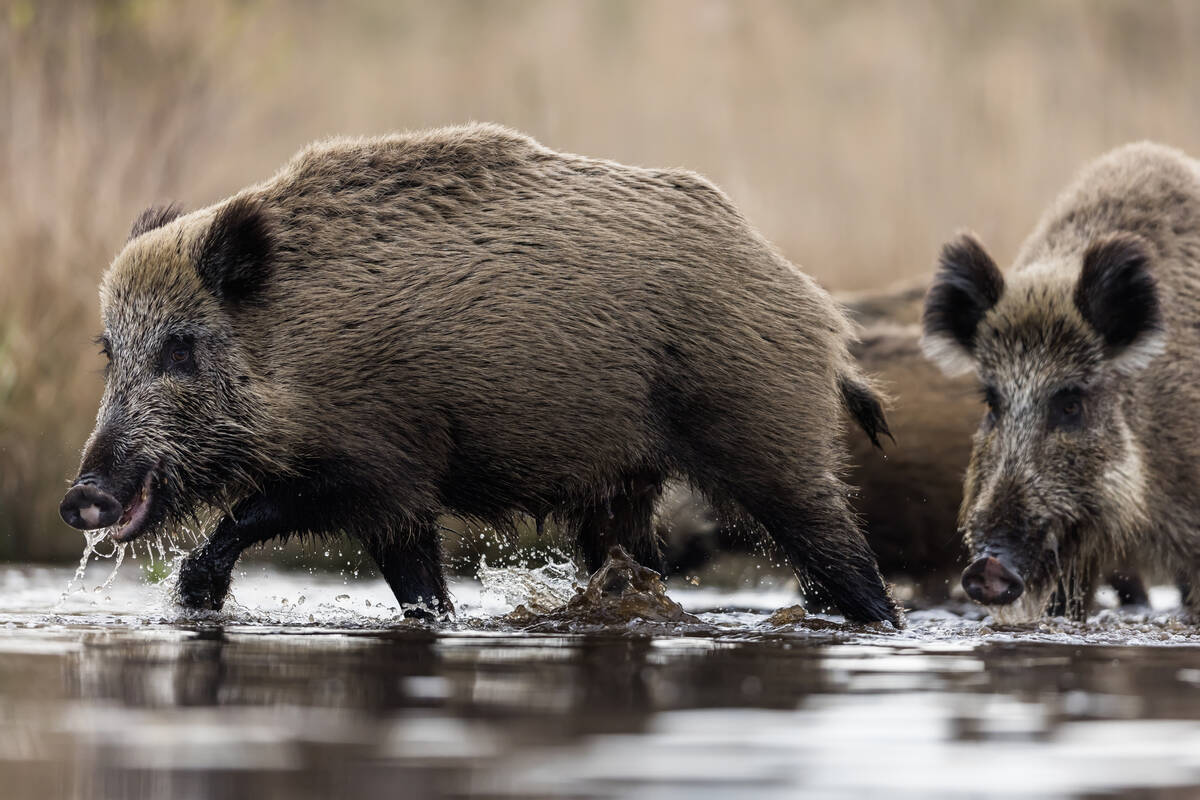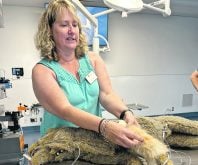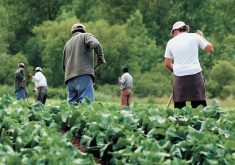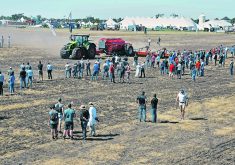Agriculture Canada plans to conduct field research at its research centres across Canada this year.
But industry sources say it will likely be running at 30 percent of normal due to concerns over workplace safety and COVID-19.
“The message we are getting from (Ag Canada) is that field activities at all research centres will be operating at a target of roughly 30 percent this year and that is an average across the board, for core breeding, co-op trials, agronomy, etc.,” said one source.
“Some programs may run at higher capacity and some lower, depending on what can be seeded within the next week or two,” the source added.
Read Also

Manitoba bans wild boar possession
Manitoba has tightened the regulatory status of Eurasian wild boar in an effort to help fight back against invasive wild pigs.
“We are not getting a lot of specifics on how individual projects will be affected, how work that is not performed this year will be carried over, or the long-term impacts on losing a full year of activities.”
As of Western Producer press deadlines on May 15, repeated requests for an interview with Ag Canada officials had been declined.
For the past month or more, producer groups that provide financial support to Agriculture Canada research and varietal development programs have been urging Ottawa to continue important crop research activities.
In a late April news release, the Canadian Wheat Research Coalition (CWRC) and the Canadian Barley Research Coalition (CBRC) said “urgent action is required to save the 2020 AAFC’s field, lab, and greenhouse activities for wheat and barley research projects.”
Those activities include participation in the co-op trial system, which assesses the performance of promising lines of wheat, barley and other crop types at various locations across Western Canada.
The co-op trials, which are conducted at various locations across Western Canada including Ag Canada research centres, ultimately help plant breeders decide which new crop lines should be put forward for registration as commercial seed varieties in Canada.
Respected sources in the Canadian ag research community suggested that researchers are probably eager to continue with their research programs. But that would require new workplace safety plans to be drafted and approved by federal decision makers.
Jason Lenz, an Alberta grain grower and chair of the CWRC, said earlier this year that Ag Canada officials were “non-committal” when pressed by funding partners for answers about the status of Agriculture Canada field research activities.
Lenz said other organizations that receive financial support from the CWRC have already made adjustments to their workplace safety protocols.
Plant breeding programs at University of Saskatchewan, the University of Alberta and the University of Manitoba, for example, have all adjusted their work plans to ensure that workers are protected during the pandemic and that research work can proceed.
Tom Steve, general manager of the Alberta Wheat Commission, said he is disappointed in Ag Canada’s efforts to devise and approve alternative work plans.
“We are disappointed in the 30 percent target and feel that if (Ag Canada) had been more proactive in developing (workplace safety) protocols, that a lot more research could have been salvaged for this year,” he said.
















